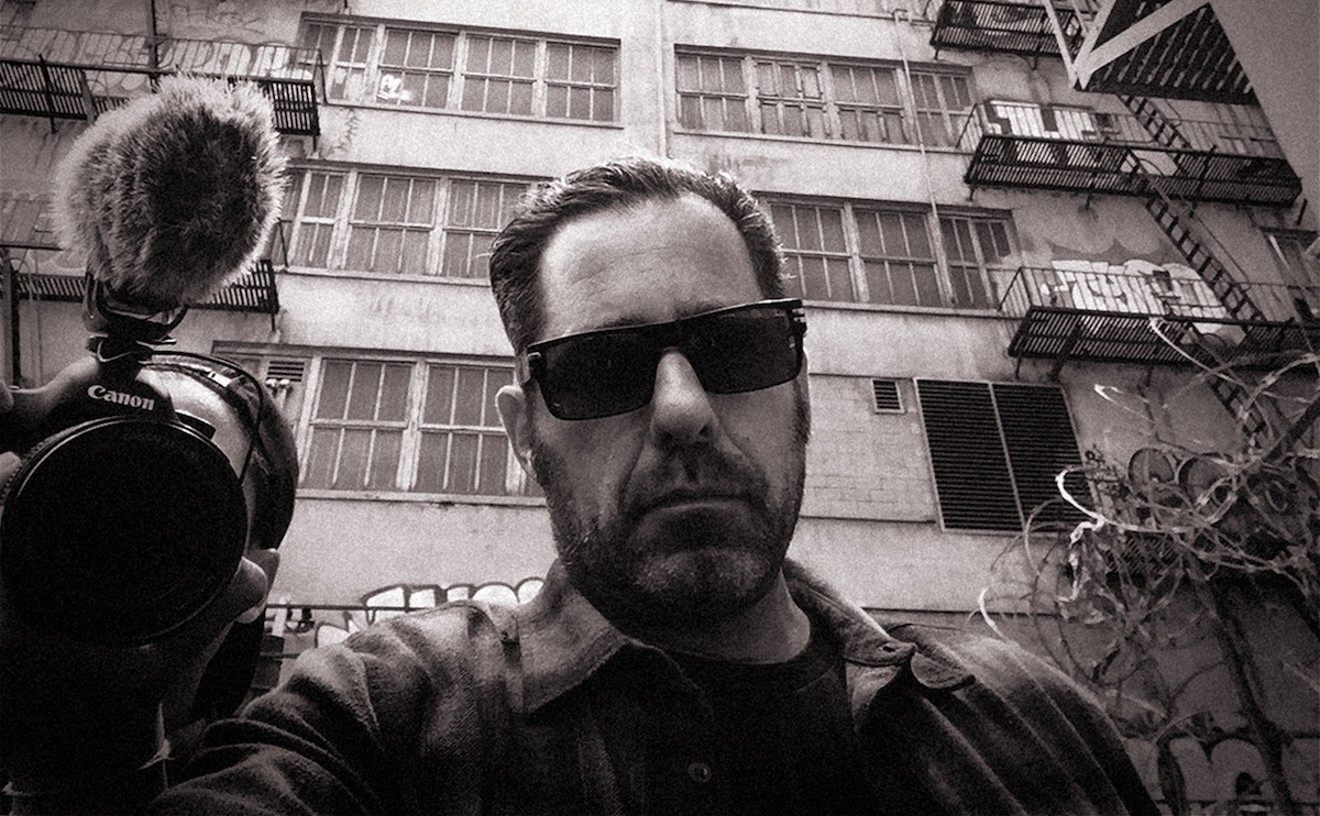When divorcing couples fight over assets, kids barter bubble gum for rubber band bracelets, and prostitutes haggle Johns over the price of a BJ, they are all unwittingly exemplifying Karl Marx's "commodity fetishism," or when human social relations are expressed as, mediated by, and transformed into objectified relationships between things.
Mark Boulos, an artist who has studied and worked in Holland, England, Syria, Canada, and beyond, took commodity fetishism and translated it into All That Is Solid Melts Into Air, a film exhibit newly acquired by the Miami Art Museum (MAM).
The work, whose title is derived from Marx's Communist Manifesto, consists of two films played simultaneously on opposing walls. One shows traders at the Chicago Mercantile Exchange, the largest commodities exchange in the world, speculating on oil futures. The other shows images of militants from the Movement for the Emancipation of the Niger Delta (MEND), who have declared "total war" on foreign oil companies that extract and export oil from their territory.
Though the subjects appear opposite, the intention is that the viewer notices similarity in the way that each is in its own way removed from oil as a material and instead treats it as a concept, says Peter Boswell, assistant director for programs at the MAM.
"They live in abject poverty and are fighting to gain control of the oil that comes from their land -- or at least increase the benefits that come to them. The commodity traders in Chicago are also removed from oil as a material. They are dealing in oil futures --- pure speculation ... They are different, yet similar, and what binds them together is the oil."
"And so I'm trying to develop an anti-journalistic documentary... I'm starting from a philosophical point that isn't empiricist, but instead phenomenological, and with phenomenology we have this idea that we don't have access to the world as it exists, and instead phenomena are pieced together in our imaginations. We perceive a bunch of different things, and then we make sense of it in our brains. And I tried to show that in the film by taking a bunch of different phenomena and compositing them into something that looks real, and then pulling it apart to show that it's a construction."
Follow Cultist on Facebook and Twitter @CultistMiami










